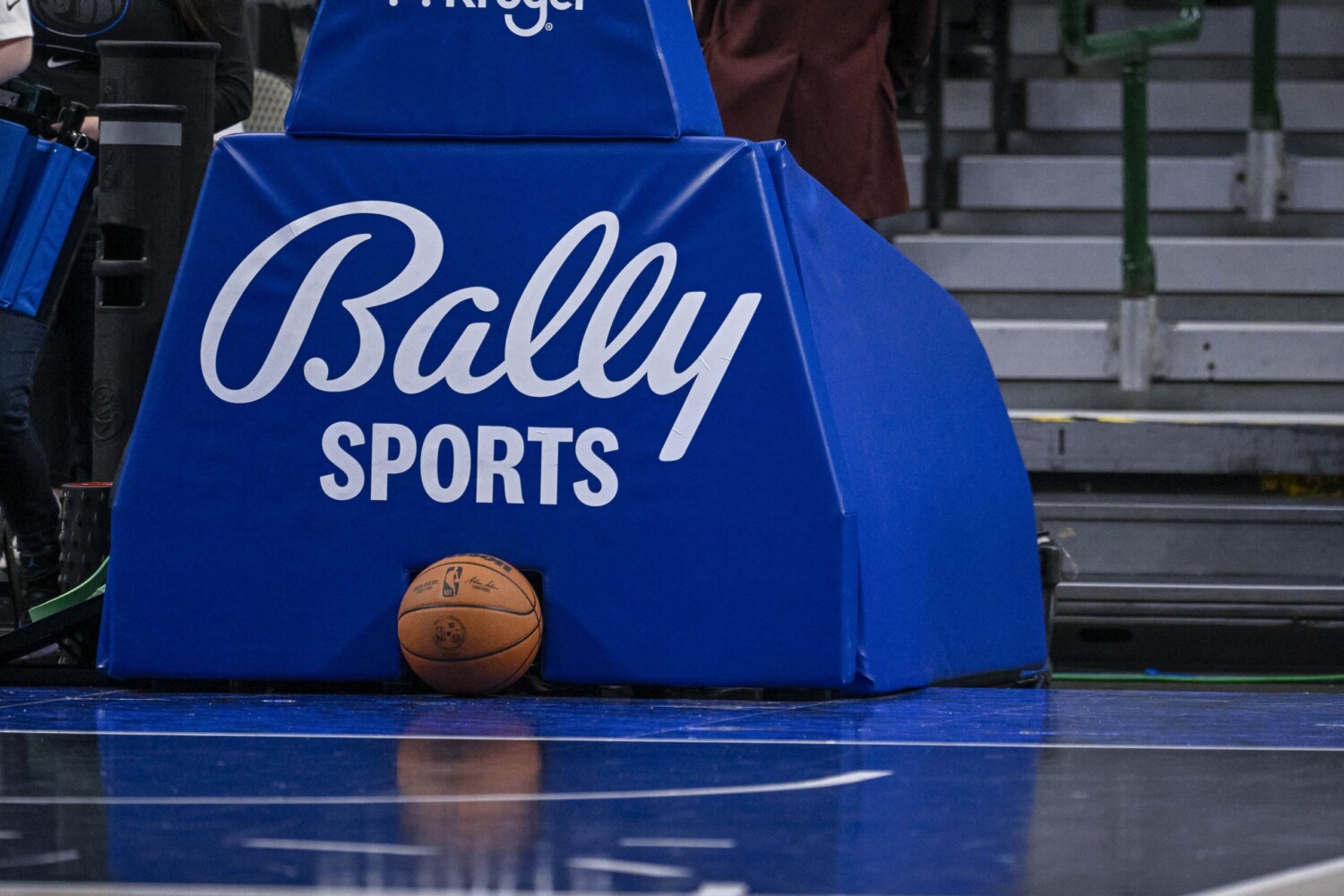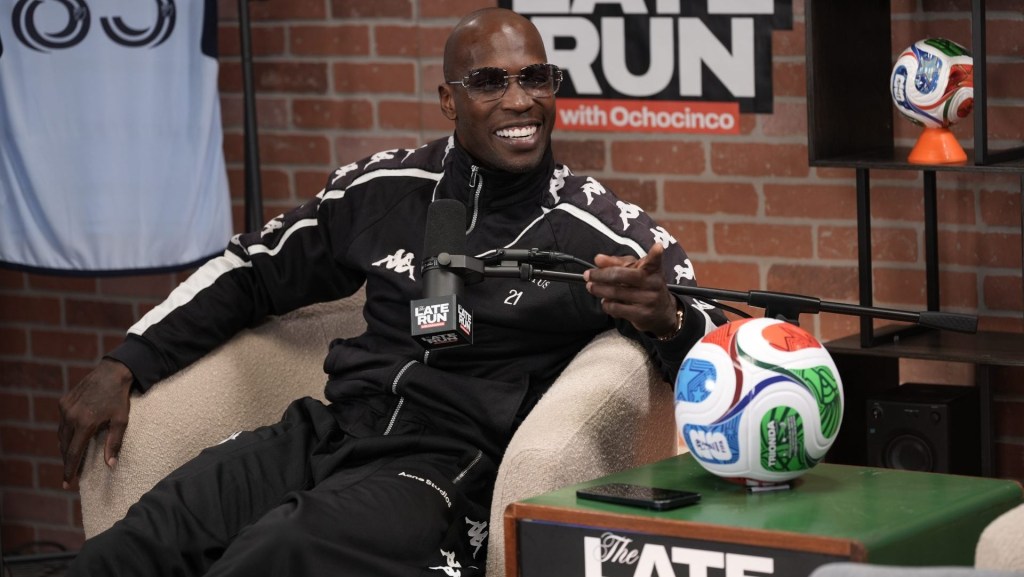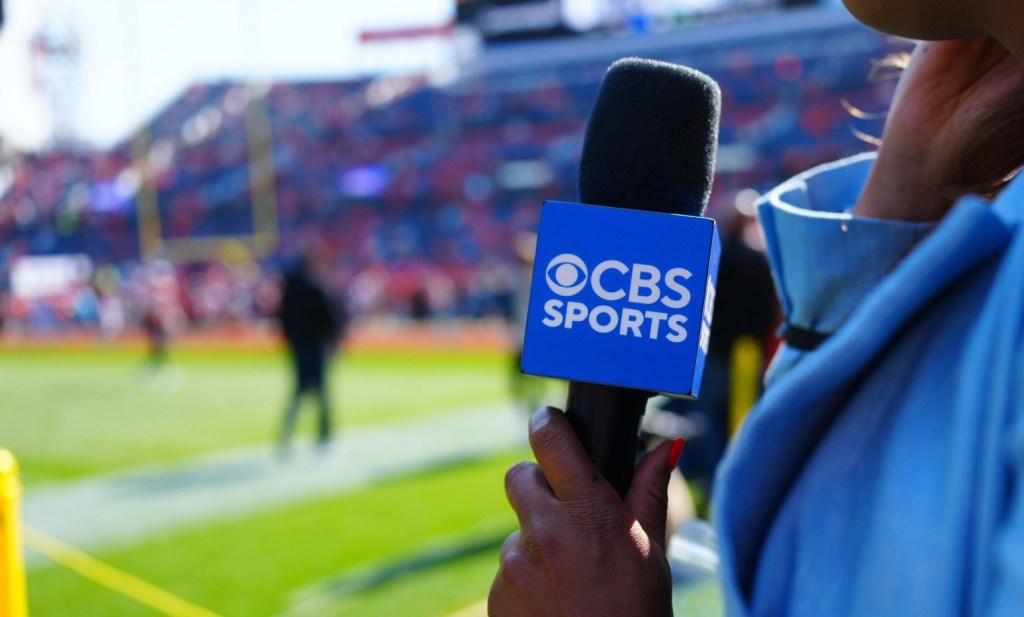Is Sinclair’s Diamond Sports Group’s looming bankruptcy the beginning of the end for regional sports networks (RSNs)?
With Diamond missing a scheduled debt payment of $140 million, the parent of 19 RSNs is likely headed for an $8.6 billion bankruptcy restructuring that will throw the media rights of 42 MLB, NBA, and NHL teams into chaos.
Missing today’s debt payment kickstarts a 30-day grace period. Diamond Sports Group’s RSNs still owe teams about $2 billion in media rights this season. During a possible Chapter 11 process, these networks could try to slash rights fees. Or halt payments.
The pending bankruptcy, and potential lawsuits, could impact millions of baseball, basketball, and hockey fans over the next few years. The RSNs generate over 5,000 live local telecasts per year. They serve as the TV homes of over half of the U.S. MLB, NBA, and NHL teams.
The financial problems of Diamond Sports Group, a unit of Sinclair, underscore the stark challenge facing the RSN industry.
For decades, RSNs were veritable cash cows as sports teams shifted their games to pay cable from free broadcast TV. But cord-cutting and cord-shaving have upended the old RSN economic model.
There are still financially stable, successful RSNs, such as the New York Yankees’ YES Network in the New York tri-state area. But as more consumers dump their cable TV packages in favor of streaming platforms, the outlook for RSNs is becoming dire:
- Rich Greenfield, the media analyst for LightShed Partners, tweeted the shift toward cord-cutting is only accelerating. “The end of the regional sports network (RSN) biz as we know it,” he observed.
- In its “Cord-Cutting Monitor” report last September, MoffettNathanson also raised red flags: “We see downside risk increasing as pay TV subscribers shift away from the linear bundle. The risk grows further as additional sports rights are shared with sister streaming platforms.”
- Once Diamond Sports Group’s Chapter 11 reorganization is completed, “you’re looking at a potential rewrite of the entire regional sports business on the other side of this restructuring,” warned analyst David Hebert.
Not everybody agrees RSNs are headed for the dustbin of TV sports history. Former Fox Sports executive Bob Thompson believes RSNs will survive if they can figure out how to reach consumers directly.
“I don’t think it’s the beginning of the end. I think it’s the beginning of a reset of the business, which was probably destined to happen at some point,” the principal of Thompson Sports told Front Office Sports. “The business is still sustainable. They need to figure out the direct to consumer model to go along with the traditional model. This appears to be more of a debt issue than anything.”
The pro sports leagues and teams involved are sympathetic to their rights partners. But they want their money. They’re running out of patience.
MLB, for example, is exploring ways to take back local TV rights to 14 teams.
“Our strong preference would be for the RSNs to be able to fulfill the agreements they signed with the clubs. However, we need to be prepared if the RSNs are unable to do so,” Noah Garden, MLB chief revenue officer, told Front Office Sports. “This is a situation we have been monitoring for a long time. We have been contingency planning to ensure that no matter what happens with the RSNs, fans will be able to continue watching their favorite teams in their local market.”
Diamond did not add much detail while announcing it was punting on its interest payment of $140 million on Wednesday.
“The Company intends to use the 30-day grace period to continue progressing its ongoing discussions with creditors and other key stakeholders regarding potential strategic alternatives and deleveraging transactions to best position Diamond Sports Group for the future,” it wrote in a statement. “Diamond Sports Group expects that its business will continue as usual, and it will keep broadcasting quality live sports productions for fans while it addresses its balance sheet.”
But as one door closes, another one opens.
In December, E.W. Scripps Co. launched a new company dubbed Scripps Sports to partner with leagues.
Scripps chief executive officer Adam Symson told Insider the RSN business model doesn’t make sense anymore.
“We are actively in conversations with leagues and teams to pick up right,” he said. “At the end of the day, the dilemma here is, even if the RSNs emerge from bankruptcy or there’s a structured bankruptcy, the RSNs’ reach is permanently impaired by what has happened in the pay-TV ecosystem.”







![[Subscription Customers Only] Jun 15, 2025; Seattle, Washington, USA; Botafogo owner John Textor inside the stadium before the match during a group stage match of the 2025 FIFA Club World Cup at Lumen Field.](https://frontofficesports.com/wp-content/uploads/2026/02/USATSI_26465842_168416386_lowres-scaled.jpg?quality=100&w=1024)
![[Subscription Customers Only] Jul 13, 2025; East Rutherford, New Jersey, USA; Chelsea FC midfielder Cole Palmer (10) celebrates winning the final of the 2025 FIFA Club World Cup at MetLife Stadium](https://frontofficesports.com/wp-content/uploads/2026/02/USATSI_26636703-scaled-e1770932227605.jpg?quality=100&w=1024)









